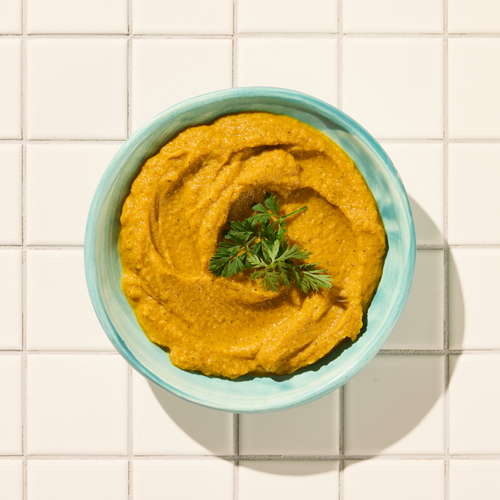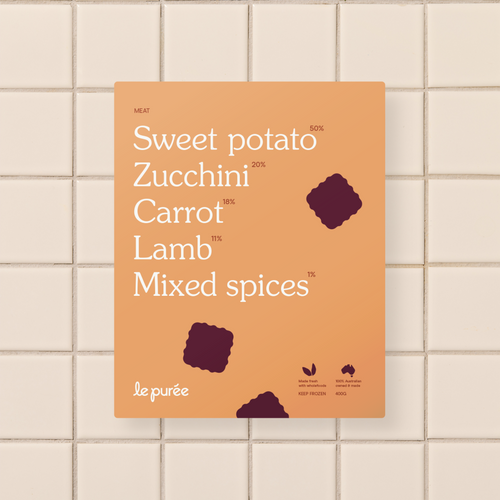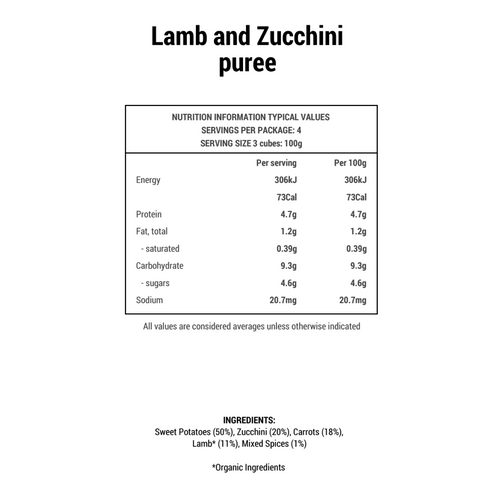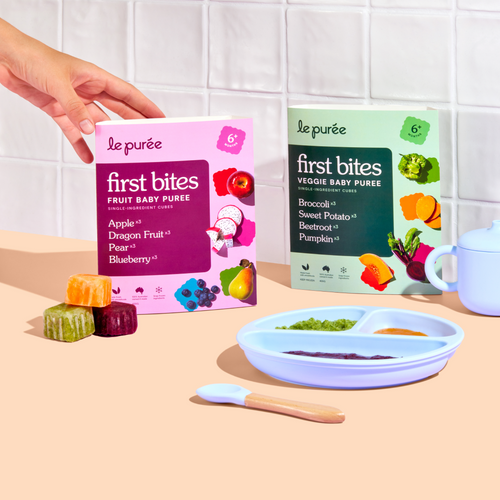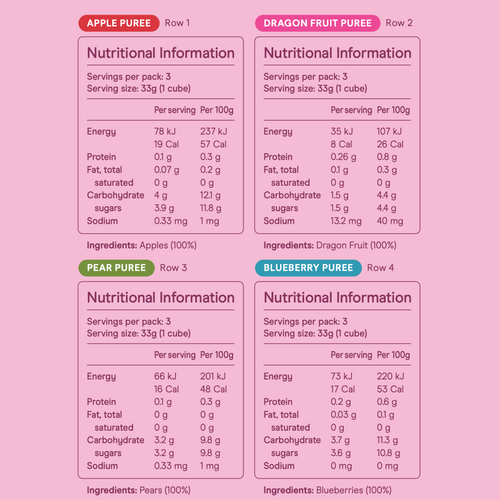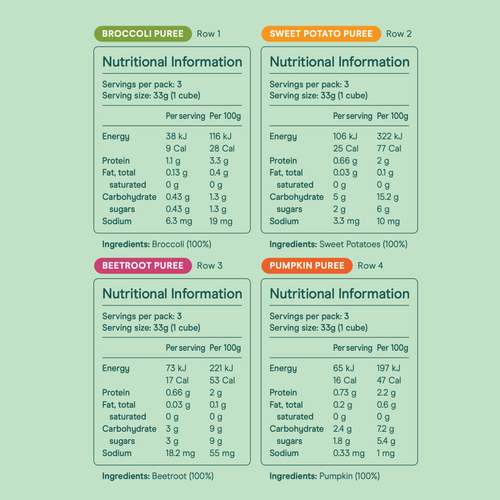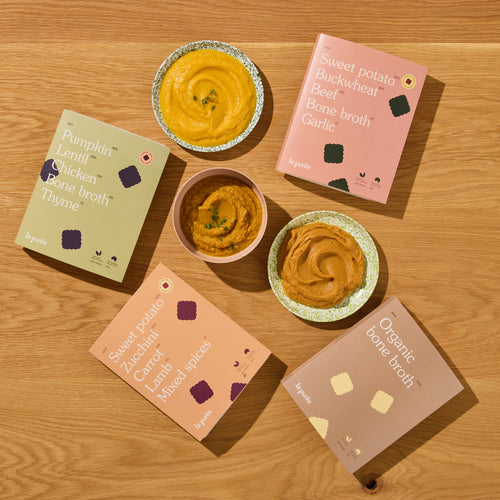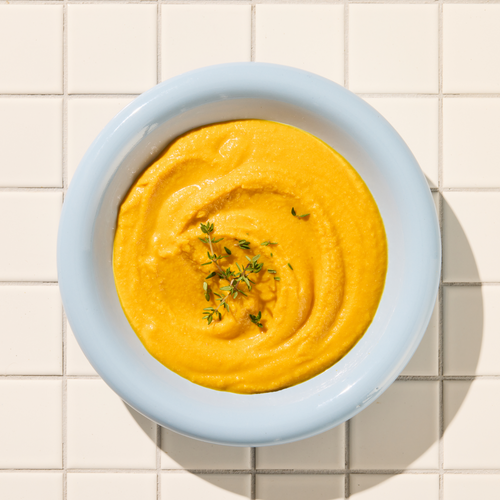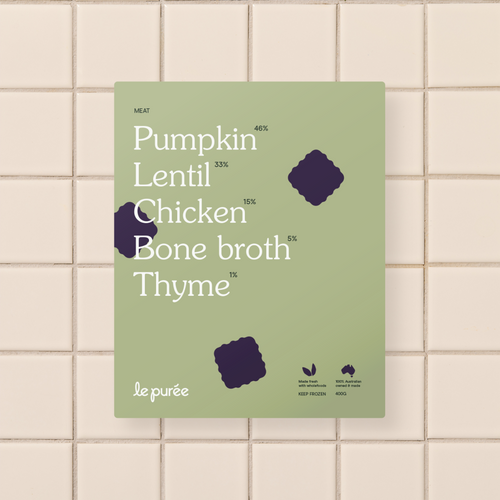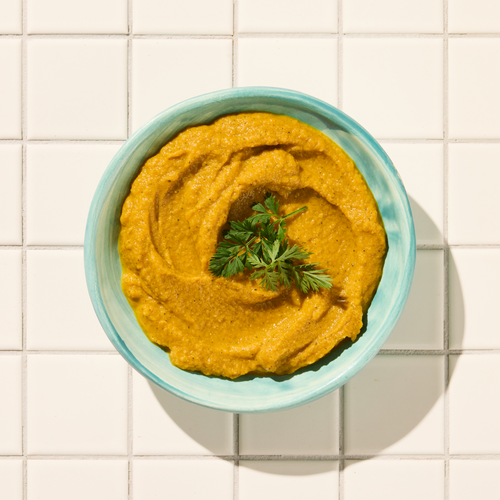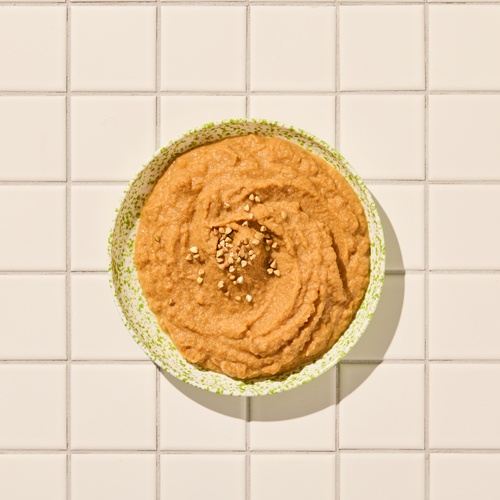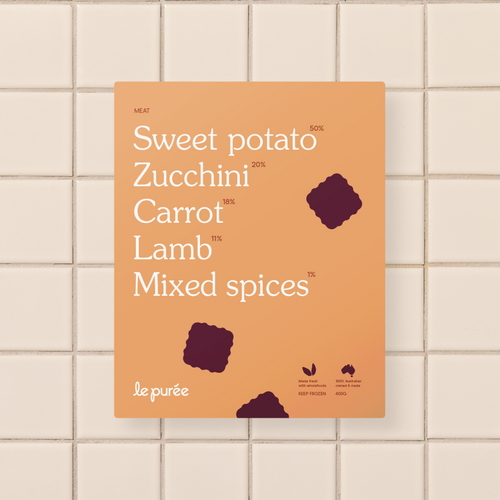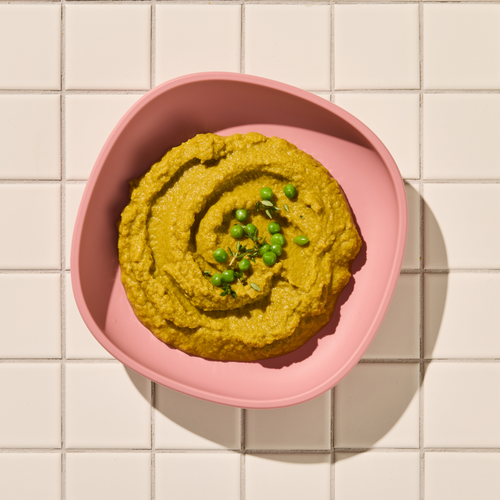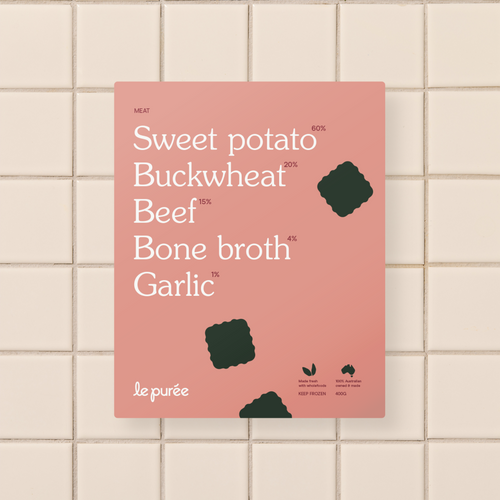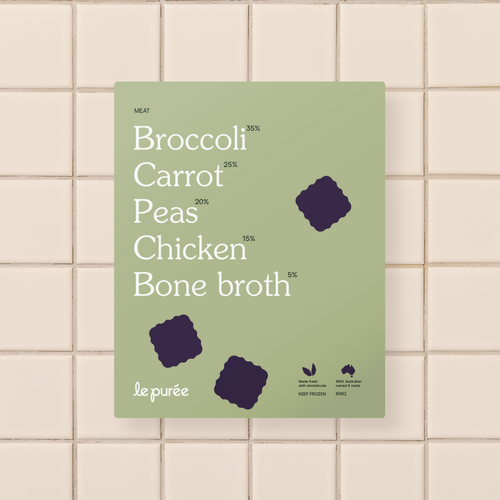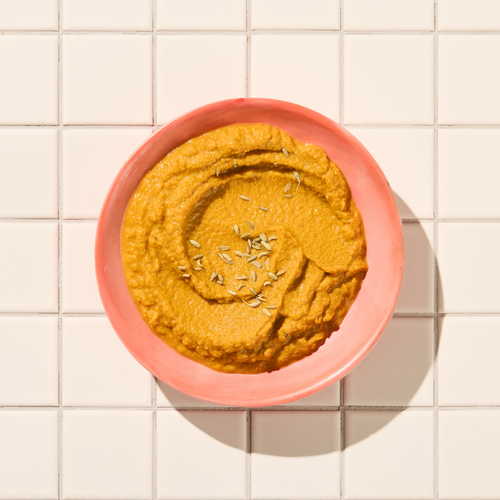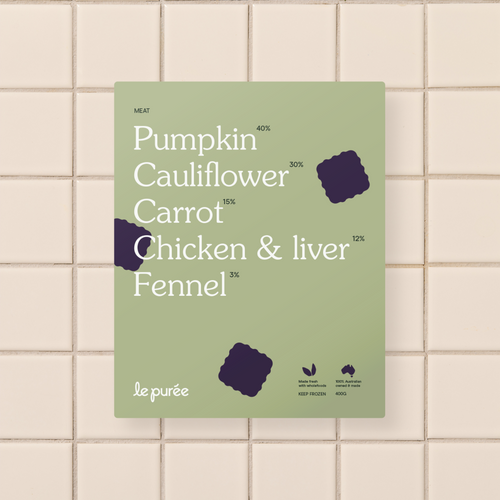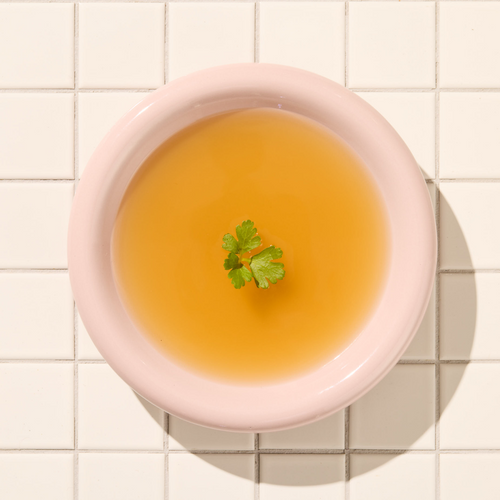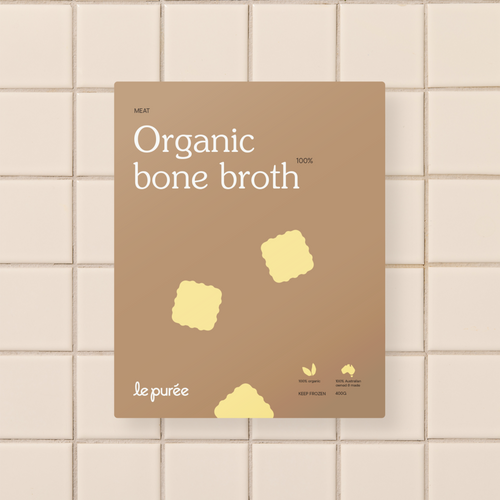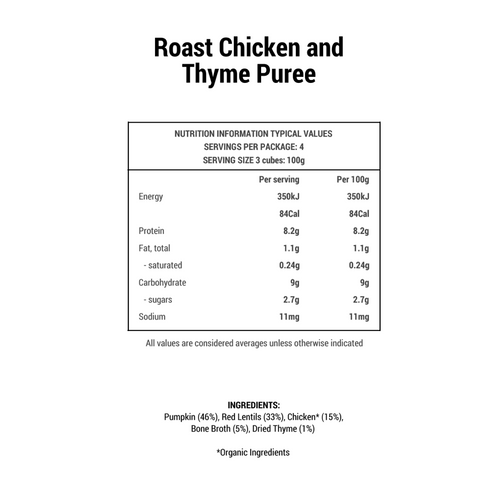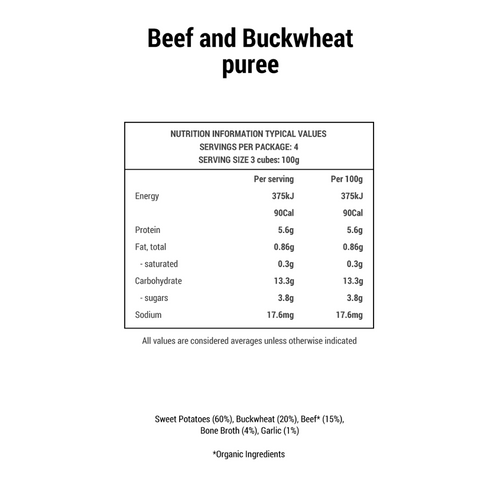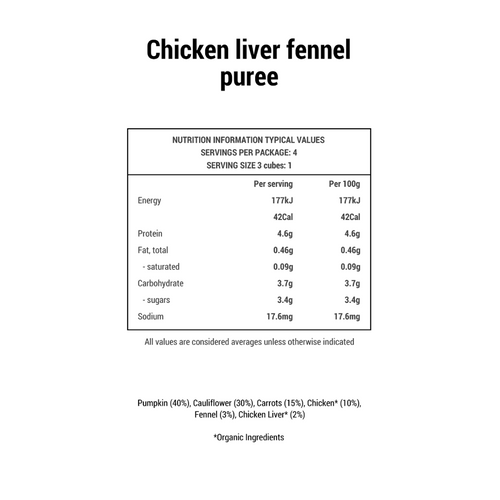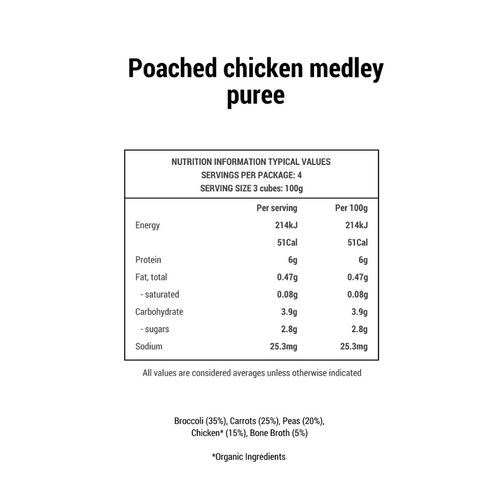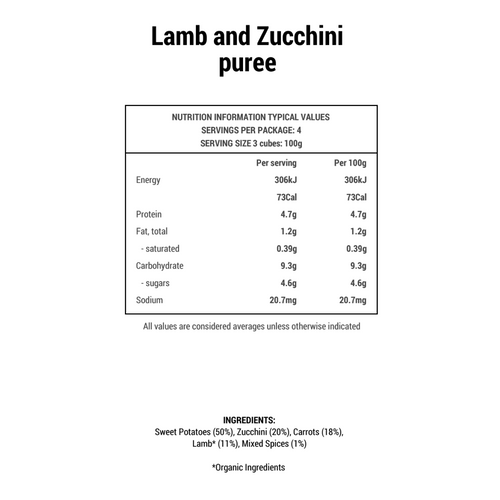Transitioning into solids can be daunting, both for you and your bub. The move from a pure milk or formula diet to the entire world of food is a very important stage in your child’s physical, emotional and cognitive development. In fact, the nutrition they receive from pregnancy to their second birthday (the first 1000 days of life) informs their relationship to food for the rest of their lives – yikes! But don’t worry, we’ve put together the best, easiest, and most sleep-deprived-parent-proof tips to make the most of this sensitive time in your baby’s development, helping you raise a happy, fuss-free eater.

DO: Strike when the mood is right
Although they don’t look like they make the height requirement, your bub is currently riding a rollercoaster – an emotional one. So, it is important that you catch them in the right moments as you begin introducing them to solids. We recommend trying them with solids around 30 minutes to an hour after a milk feed. This is when they are typically the calmest and most open to new experiences (like that strange green paste you keep aeroplane-ing towards their mouth).
DON’T: Praise or reprimand your baby’s reaction to the food.
Equally important to your baby’s mood, is your own. Your child can pick up on your stress and irritation, so it is important to remain light-hearted and warm when presenting them with solids. Even if they refuse a single bite of your lovingly-prepared meal, try not to let your disappointment show – some bubs need a few sightings of a new food type or texture before they will give it a go. On the other hand, try not to praise or encourage your child for eating – the goal is to associate eating as something curious and fun, rather than good or bad.
DO: Go beyond fruit and veggies
While pureed fruit and veggies are staples of a new-to-solids diet, including samples from the other three food groups (grains, dairy, and proteins) early on in your child’s development helps reduce fussiness, and keeps them healthy. Even though oily fish or pureed liver might not do it for you, trying your child on a wide variety of flavours and textures can help increase their openness to food in general while providing them with much needed healthy fats and proteins.
DON’T: Restrict allergens
As part of this wide variety of food for trialling, make sure to include common allergens such as eggs, nuts, and dairy. Recent research has found that introducing allergens such as peanuts into your bubs diet before their first birthday can significantly reduce their likelihood of developing an allergy. The best way to introduce them: start small! With peanuts you can start with as little as an eighth of a teaspoon in some porridge. If there is no visible reaction gradually increase this amount over the next few days. If your bub appears not to have an allergy, fantastic! Make sure to keep adding the ingredient into their diet on a regular basis (weekly minimum). If your bub suffers from severe eczema or has already displayed some allergies to foods (both risk factors for food allergies), we recommend working alongside a paediatrician, family doctor, or childhood allergist.
DO: Have some easy healthy recipes on the go
Feeding an emotional, hungry, insanely picky kid is always a challenge no matter how well prepared you are. We recommend not only stocking your freezer with Le Puree meals, but having a few whip-up, minimal ingredient meals in your repertoire. We’ve compiled our favourite quick breakfasts ideas for bubs and cubs here [hyperlink to other article].
DON’T: succumb to mum-guilt perfectionism.
You do not need to become a meal-prepping, Instagram pantry-tour operating parent to develop a kid with a healthy relationship to food. The tips listed above are guidelines, not gospel. As parents ourselves we know there are days, weeks, and months when your best laid plans go awry and just getting any food at all in front of your baby feels like a herculean effort. Don’t be too hard on yourself. If you want a break from meal prepping, check out our meal pack plans, delivered frozen to your door with nutrient-dense organic ingredients, designed by a paediatric dietian specifically to nurture your child’s development. Yum!




